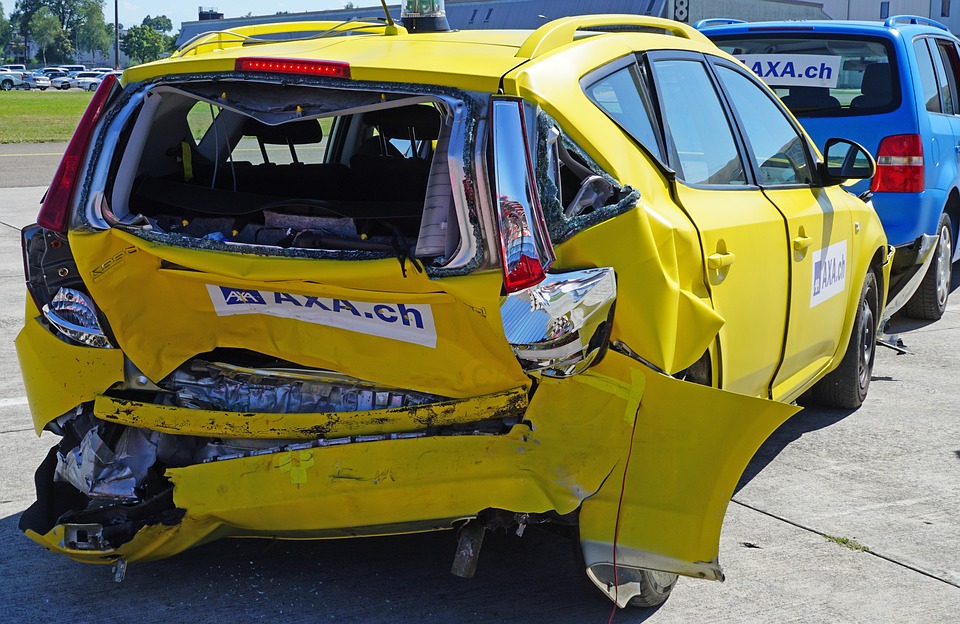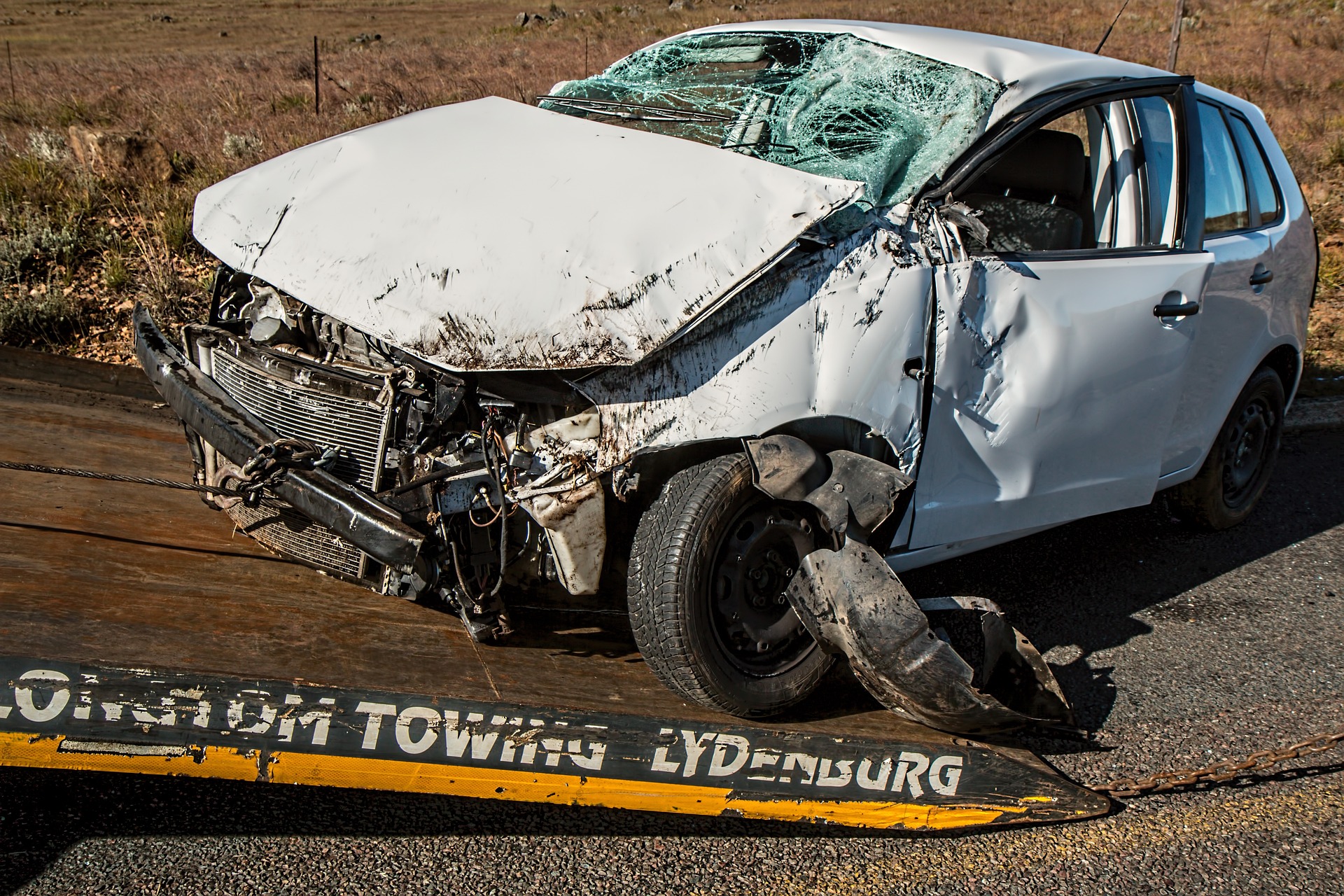If you’ve ever been in a car accident, you know how stressful it can be to deal with the aftermath. You have to get your car fixed, deal with injuries, and file a claim with your insurance company. But what if your insurance company denies your claim or offers you a lowball settlement? Do you have to accept their decision and move on?
The answer is no. You have the right to dispute and appeal an auto insurance claim if you don’t agree with it. You may be able to get a better outcome by following some simple steps and presenting your case effectively. In this article, we’ll show you how to dispute a car insurance claim settlement or denial in 2023, and what to do if you need legal help.
What is a car insurance claim settlement or denial?
A car insurance claim settlement or denial is the result of your insurance company’s investigation of your claim. When you file a claim, you report the details of the accident to your insurer and provide any evidence you have, such as photos, police reports, medical records, and witness statements. Your insurer will then assign an adjuster to review your claim and determine how much they will pay for your damages and injuries.
A car insurance claim settlement is the amount of money that your insurer offers you to resolve your claim. It may cover some or all of your expenses, depending on your policy limits and deductibles. A car insurance claim denial is when your insurer rejects your claim and refuses to pay anything. This may happen for various reasons, such as:
- You don’t have the right coverage for the type of accident or damage
- You filed your claim too late or missed a deadline
- You violated a term or condition of your policy
- You were at fault or partially at fault for the accident
- You exaggerated or lied about your damages or injuries
- You failed to cooperate with the investigation or provide sufficient evidence
Why should you dispute a car insurance claim settlement or denial?
You should dispute a car insurance claim settlement or denial if you believe that your insurer’s decision is unfair, inaccurate, or unreasonable. For example, you may want to dispute a claim settlement if:
- The amount offered is too low to cover your actual expenses
- The adjuster underestimated the value of your car or the cost of repairs
- The adjuster overlooked some damages or injuries that you suffered
- The adjuster applied an unfair depreciation rate or deductible
- The adjuster used an inaccurate comparison method or source to determine the value of your car
You may want to dispute a claim denial if:
- You have the right coverage for the type of accident or damage
- You filed your claim within the required time frame and followed all the procedures
- You did not violate any term or condition of your policy
- You were not at fault or partially at fault for the accident
- You did not exaggerate or lie about your damages or injuries
- You cooperated with the investigation and provided sufficient evidence
By disputing a car insurance claim settlement or denial, you may be able to get a higher settlement amount, reverse a denial decision, or negotiate a compromise with your insurer. This can help you recover from the accident and avoid paying out-of-pocket expenses.
How to dispute a car insurance claim settlement or denial: A step-by-step guide
If you decide to dispute a car insurance claim settlement or denial, here are some steps you can take to increase your chances of success:
1. Review the claim settlement or denial letter
The first step is to review the letter that your insurer sent you explaining their decision on your claim. This letter should include:
- The reason for the settlement amount or denial
- The evidence and sources used to support the decision
- The policy provisions and terms that apply to your claim
- The deadline and process for appealing the decision
Read the letter carefully and make sure you understand why your insurer made their decision. Look for any errors, inconsistencies, or gaps in their reasoning. Note down any questions or concerns you have about their decision.
2. Review your car insurance policy
The next step is to review your car insurance policy and make sure you know what coverage you have and what exclusions apply. Your policy is a contract between you and your insurer that outlines your rights and obligations as a policyholder. It also defines how claims are handled and settled.
Read through your policy and look for any sections that relate to your claim. Pay attention to:
- The types of coverage you have, such as liability, collision, comprehensive, medical payments, uninsured/underinsured motorist, etc.
- The limits and deductibles of each coverage
- The exclusions and exceptions of each coverage
- The definitions and terms of each coverage
- The duties and obligations of you and your insurer in the event of a claim
3. Gather evidence to support your dispute
The next step is to gather evidence to support your dispute and show why your insurer’s decision is wrong. Depending on the type of claim and the reason for the denial or settlement, you may need different types of evidence, such as:
- Photos or videos of the accident scene, your car, and your injuries
- Police reports or traffic citations
- Witness statements or contact information
- Medical records or bills
- Repair estimates or invoices
- Appraisal reports or valuation guides
- Expert opinions or testimony
You should also keep copies of all the correspondence you have with your insurer, such as letters, emails, phone calls, and texts. These can help you track the progress of your claim and show how you communicated with your insurer.
4. Write a car insurance appeal letter
The next step is to write a car insurance appeal letter to your insurer. This is a formal way of requesting a review of your claim and explaining why you disagree with their decision. Your appeal letter should include:
- Your name, address, policy number, claim number, and any other reference numbers
- The date and location of the accident
- The name and contact information of the person or department you are addressing
- A reference line that summarizes the purpose of your letter
- A brief introduction that states that you are appealing their decision and what you hope to achieve
- A detailed explanation of why you believe their decision is wrong, based on the evidence you have gathered
- A request for a specific action or outcome, such as a higher settlement amount or a reversal of a denial
- A deadline for a response and a warning of further action if they do not comply
- A polite and professional closing that thanks them for their attention and provides your contact information
You should also attach copies of all the evidence you have gathered to support your appeal. Make sure to keep the original documents for your records. You should also send your appeal letter by certified mail with return receipt requested, so you can prove that they received it.
5. Follow up with your insurer
The next step is to follow up with your insurer and check the status of your appeal. You should give them some time to review your letter and evidence, but not too long. You can call them or email them after a week or two and ask if they have made a decision or if they need more information from you.
If they agree to reconsider your claim, you may be able to negotiate a better outcome with them. If they stick to their decision, you may need to escalate your appeal to a higher authority or seek legal help.
What to do if you need legal help
If you are unable to resolve your dispute with your insurer through an appeal, you may need legal help. You can consult with a car accident lawyer who specializes in car insurance claims and disputes. A lawyer can help you by:
- Reviewing your policy and claim documents
- Advising you on your rights and options
- Communicating and negotiating with your insurer on your behalf
- Representing you in arbitration or mediation if available
- Filing a lawsuit against your insurer if necessary
A lawyer can also help you recover compensation from the other driver or their insurer if they were at fault for the accident. This can be especially helpful if you have serious injuries or damages that exceed your policy limits.
Hiring a lawyer may cost you some money upfront, but it may also save you money in the long run by getting you a fair settlement or verdict. Most car accident lawyers work on a contingency fee basis, which means they only get paid if they win your case.

Benefits and Drawbacks of Disputing a car insurance claim settlement or Denial
Benefits:
- You may be able to get a higher settlement amount or reverse a denial decision
- You may be able to recover more compensation from the other driver or their insurer if they were at fault
- You may be able to avoid paying out-of-pocket expenses or facing financial hardships
- You may be able to protect your rights and interests as a policyholder
Drawbacks:
- You may have to spend more time and effort on the dispute process
- You may have to deal with more stress and frustration
- You may have to pay for legal fees or other costs
- You may risk losing your appeal or lawsuit and getting nothing
Conclusion
Disputing a car insurance claim settlement or denial can be challenging, but it can also be rewarding if you succeed. By following these steps, you can increase your chances of getting a better outcome for your claim:
- Review the claim settlement or denial letter
- Review your car insurance policy
- Gather evidence to support your dispute
- Write a car insurance appeal letter
- Follow up with your insurer
If you need legal help, don’t hesitate to contact a car accident lawyer who can protect your rights and interests.
We hope this article has been helpful and informative for you. If you are looking for more tips and advice on car insurance claims and disputes, check out our other articles on this topic.
And if you are looking for a new car insurance policy that suits your needs and budget, we can help you compare quotes from different providers in minutes. Just enter your ZIP code below and start
Include links to useful resources and multiple sellers
The last step is to include links to useful resources and multiple sellers that can help your readers with their car insurance claim dispute. For example, you can link to:
- Websites that offer tips and advice on car insurance claims and disputes, such as Comparethemarket or FIXD
- Websites that offer legal services or referrals for car accident lawyers, such as Nolo or Avvo
- Websites that offer car insurance quotes from different providers, such as Bankrate or Coverage.com
- Websites that offer car repair or appraisal services, such as Carwise or Kelley Blue Book
By providing links to useful resources and multiple sellers, you can add value to your article and help your readers find the best solutions for their car insurance claim dispute. You can also increase your credibility and authority as a writer and a source of information.


